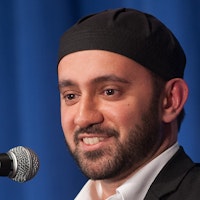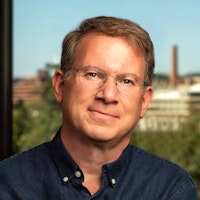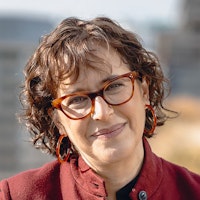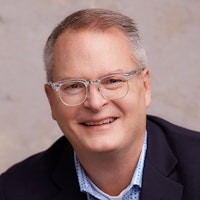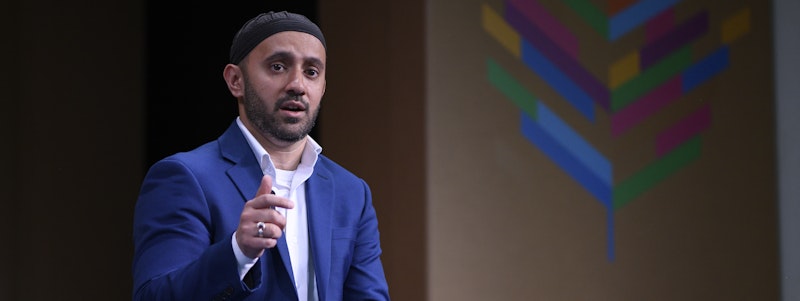
Can Religion and Politics Be Separated in the Age of Trump?
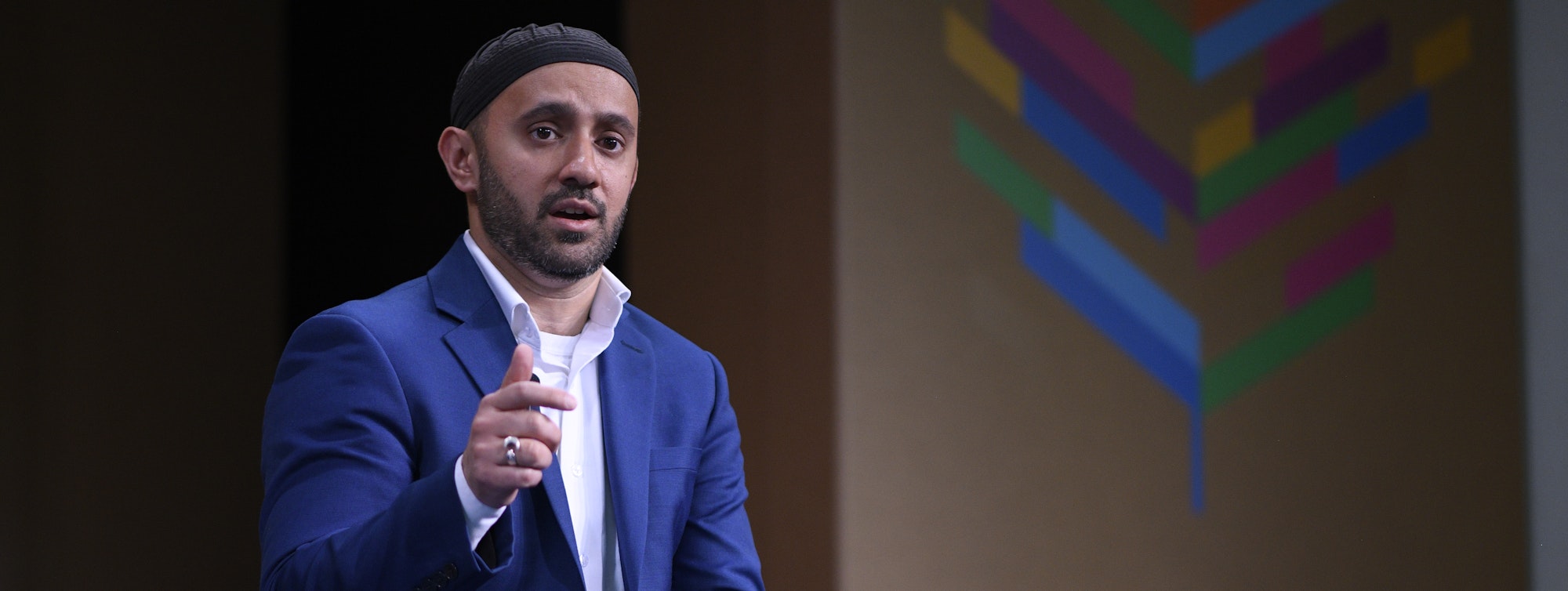
The reality that minorities face in this country are things that we’ve wrestled with since its inception.
Setup
Institutions and communities across America are divided over politics, culture, identity, and the overall direction of the country. Are religious congregations any different? How do religious leaders today navigate deeply divisive issues — like the “Muslim ban” and terrorism, new American actions in the Middle East, gay marriage, abortion, the administration’s handling of undocumented immigrants, and the president’s most controversial tweets — in their own congregations?
Speakers
The case for not separating religion and politics
Adam Hamilton starts the discussion by refuting the notion of separating church and state, because the two are fundamentally intertwined. Politics — one classic definition of which is who gets what, when, and how — involves making value judgments, he argues.
Big IdeaI would hope that you bring your faith, commitments, and values to the table when you’re practicing politics.Adam Hamilton
Sharing common values is what binds his politically diverse congregation in Kansas City, says Hamilton, who doesn’t shy away from political topics in his sermons. But it forces him to think more deeply about how he addresses current affairs, and he hopes any debate he spurs is coupled with true listening and Christian kindness.
Big IdeaTo be liberal means to be open to reform, generous of spirit, all these beautiful things. To be conservative means to recognize that some values need to be conserved no matter what, even if they’re not popular or in style. If you’re conservative without being liberal, you’re stuck; if you’re liberal without being conservative, you’re unhinged or unmoored. But if you have those two things together, you have the best of both.Adam Hamilton
The uncomfortable role of faith in politics.
It’s not enough just to get to know others better to achieve social justice, say faith leaders. Most religions require some kind of service to society, and that may involve taking uncomfortable political positions.
-
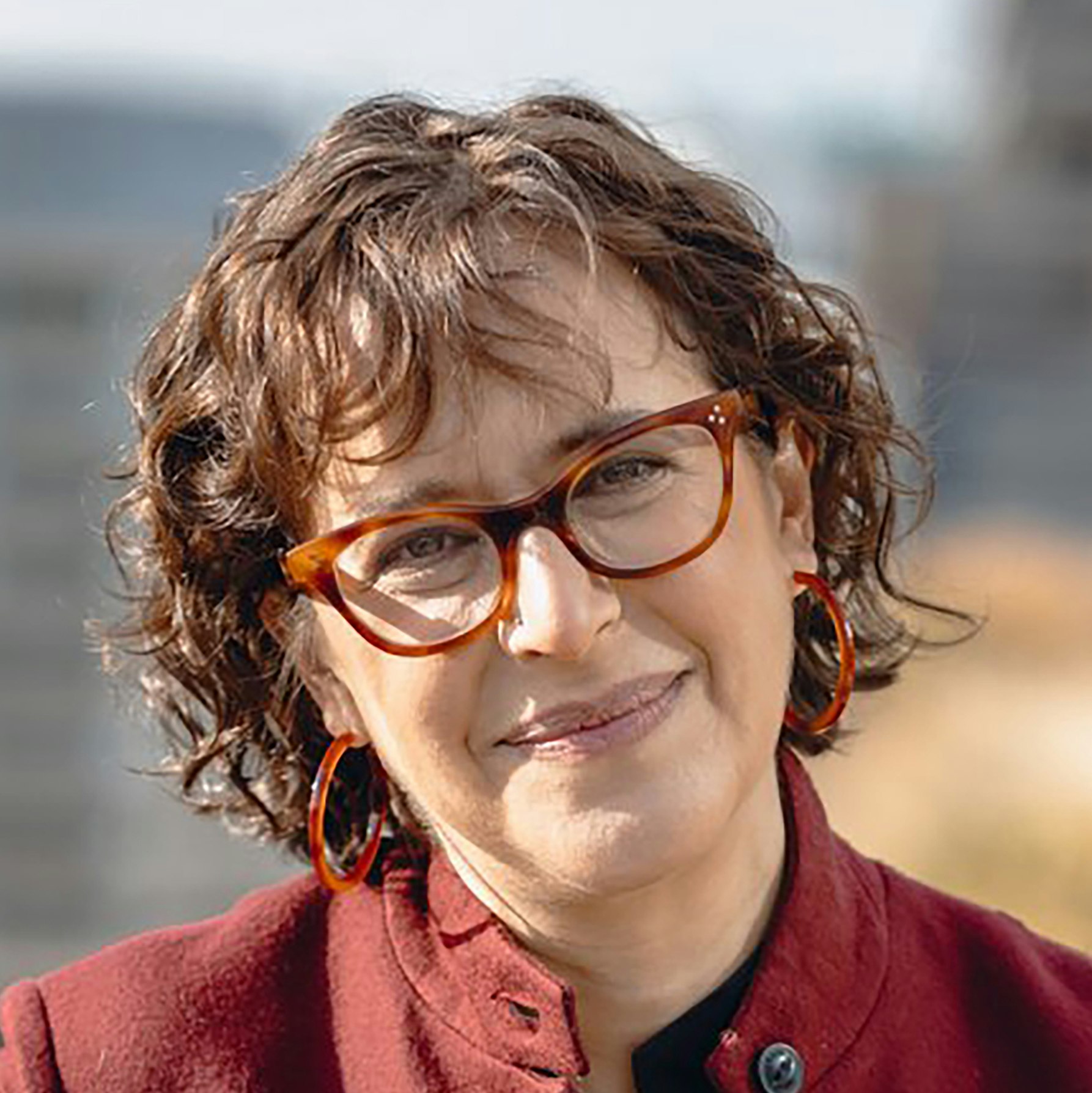
Shira Stutman: This is one of the things that keeps me up at night in terms of what it means to do justice work. We can talk about justice work as getting people who don’t know each other to know each other a little better … but there’s something about justice work that extends beyond the basics of just getting to know the other person, into really engaging and seeing the other in ways that might make those of us with privilege a little bit uncomfortable, and that goes above and beyond this basic have compassion for the other person. When you take positions on politics, what you’re really doing is the harder work of justice that gets you the most pushback. The harder work is the real work, and that’s the work that gets us in trouble.
-
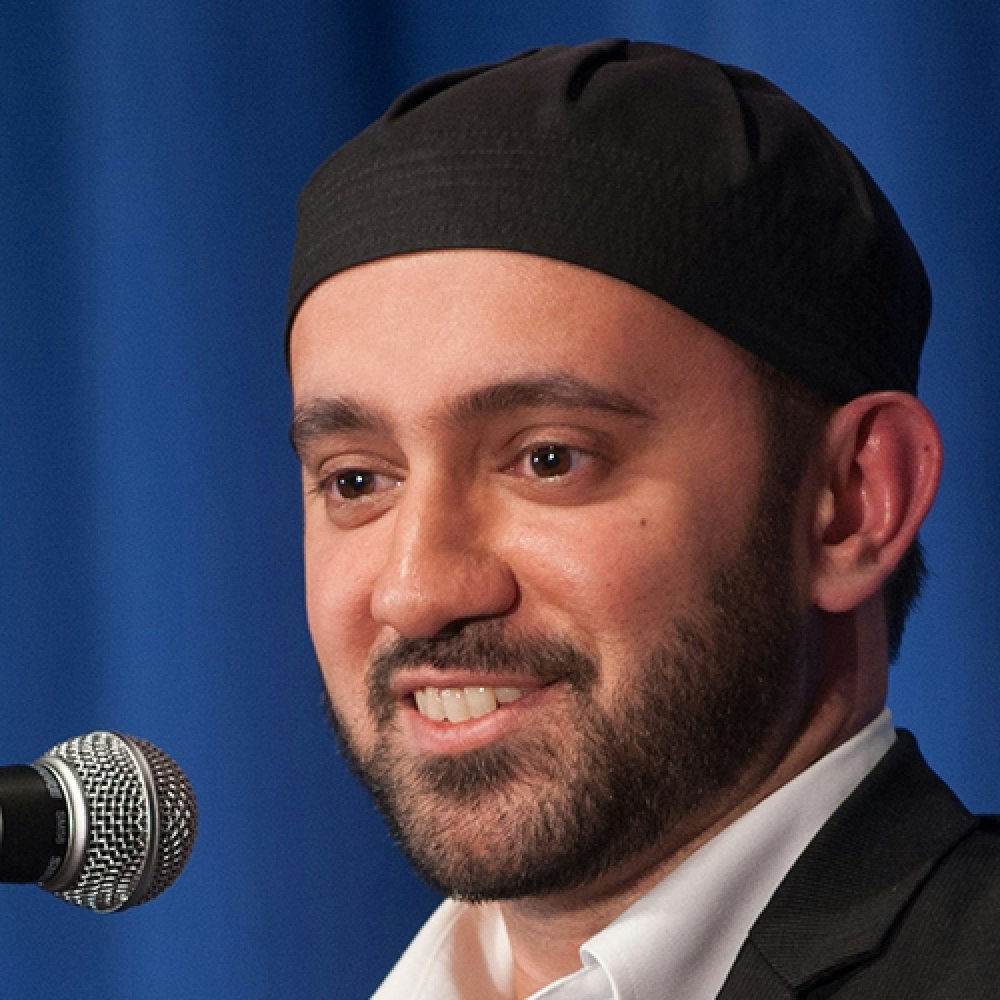
Khalid Latif: That’s the purpose of religion — good religion to me is you’re addressing societal ills. I would say the biggest societal ill in our country right now is racism. If your practice of faith is only self-serving and is not bringing benefit to people around you, then what does the practice of that faith really accomplish?
-

Shira Stutman: [Including] people around you beyond the people you’ve even met. … And that’s sometimes a harder sell because it’s scarier, it makes me uncomfortable to think about fighting institutional racism, because it means I have a role to play in it myself. And I think that’s the harder work.
-

Adam Hamilton: I agree. The New Testament, true religion is to care for the widows and the orphans, and what does the Lord require of you but to do justice and have mercy. All of these things are to see the other and to see God in the other. So, any religion that is only this solo religion about me and God and our relationship together is serving the narcissism that’s inherent in us. We all have a narcissistic tendency, and our religion can become very narcissistic. But it’s got to be that balance. There are two dimensions of this: the internal, our relationship with God, our spirituality … that give the power to be able to do and help me to see things I wouldn’t have seen about myself, and then it allows us to say let’s roll up our sleeves and do something.
How does a white Christian congregation address race?
Adam Hamilton explains how the mostly white congregation of his United Methodist Church of the Resurrection is building bridges with Kansas City’s large black community. Building relationships across lines, he argues, may be one of the few silver bullets against racism.
Take action
How can leaders model this idea of bridging political divides?
The three faith leaders share their biggest takeaways. Khalid Latif says that as a first step against racism, for example, we have to admit how we contribute to it. As a Jewish community leader, Shira Stutman sees her role as being one of an ally or accomplice to other, more vulnerable communities. And Adam Hamilton says he tries to model respect and kindness when speaking to people about issues on which they may disagree.
The takeaway
Learn More
Additional Information
Explore More
Society


This episode is from the 2022 Aspen Ideas Festival, but we’re bringing it back because it’s still as relevant as ever. Though it can sometimes feel like conflict and discord i...
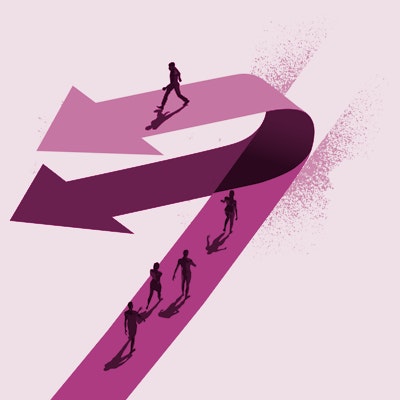

Sir Ken Robinson believed that as a society, we tragically underestimate and underutilize human ability. We create linear systems for our minds modeled on industry and manufac...


Young people in America are struggling. The causes are varied and may not be entirely clear, but the results are unfortunately unmistakable. Many of our youth feel lonely, iso...


Many more Americans are struggling to survive and make ends meet than is typically portrayed in the media and public policy debates. And when poverty is depicted, harmful and...

Friends, partners, children, families, coworkers — these connections profoundly shape our lives, and even in the best of times, navigating them takes real work. It also means...

New York Times columnist and bestselling author David Brooks is known for bringing his thoughtful reflections on politics and culture, but at this year’s Aspen Ideas Festival,...

Jump in by watching our 15 most popular talks of all time. From black holes to jazz and civil rights to psychology hacks, we've collected the talks that remain audience favori...


America’s “second founding” came on the heels of the Civil War, when the architects of the 13th, 14th and 15th amendments thought long and hard about how to enshrine civil rig...

Finding the national and global headlines understandably bleak lately? Whether you need mental distraction or stimulation, engross yourself in compelling topics and get a gli...

Today's kids are coming of age against a backdrop of political, social, technological and economic upheaval. While these circumstances are shaping a precocious generation that...


Hope seems like a simple concept, but the feeling can be difficult to hold onto. And when times are difficult and chaos swirls around us, it’s more important than ever. How do...

Advocates, healthcare providers, legislators, researchers, and venture capitalists are bringing the unique health needs of women to light – from vigorous policy debates on iss...

Ethical dilemmas, stakeholder pressure, building trust — leading organizations requires wisdom and stamina from the top. Who wouldn’t want some advice?


It’s been decades since the United States has updated its immigration policies in any sort of comprehensive way, and the problems and suffering at the southern border have per...

What makes us happy — really? How can we raise resilient and empathetic children? What does it mean to be truly connected in our increasingly digital world? Can we re-instill...


Whether they publicly tout it or not, U.S. technology companies play a powerful role in politics, cultural issues and the way we live. Founder and investor Peter Thiel is one...
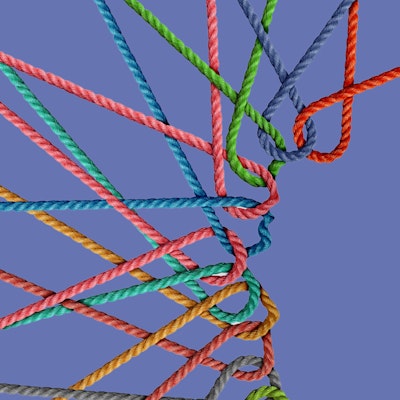
Our need for human connection is profound and deep. Yet, today, one in two adults are living with measurable levels of loneliness – and the numbers are even higher among young...

The 2024 presidential election is only months away, and the past few weeks alone have brought shocking headlines that change the political ground we stand on — an attempted a...


Sizable electorates around the world are flocking to populist candidates who promise power, domination and a return to better times. The global experiment in liberalism seems...
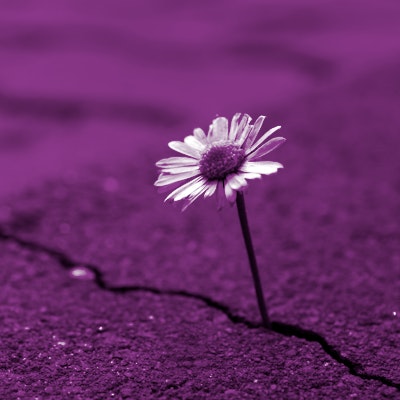
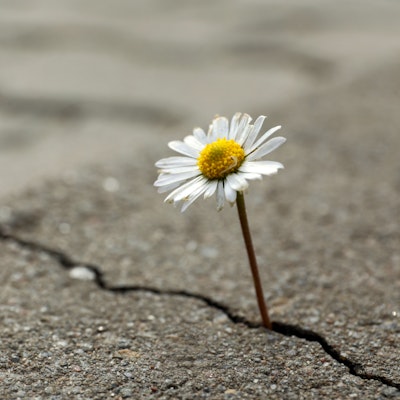
Conflict and suffering can bring out the worst in people, but it can also bring out the best. This is one of the lessons New York Times columnist Nicholas Kristof has learned...



